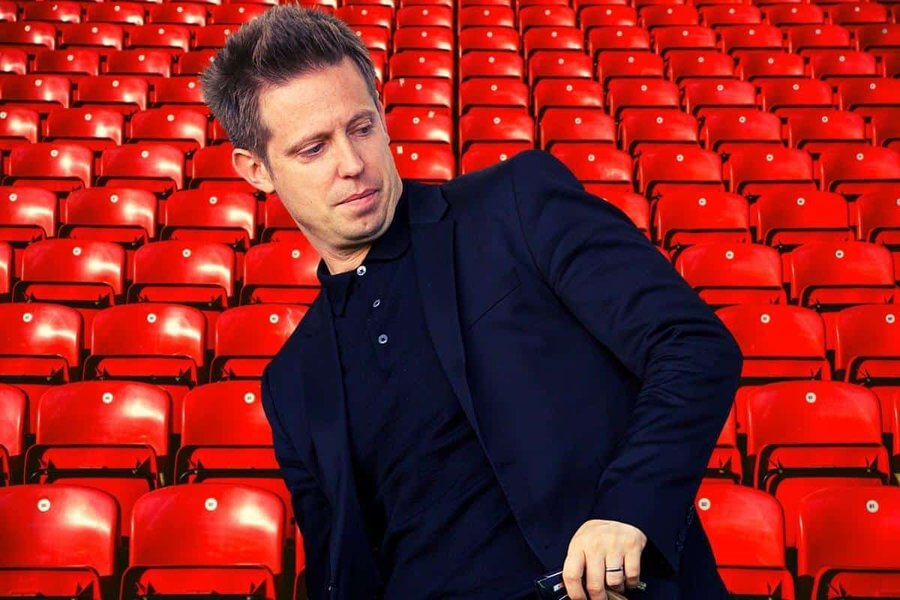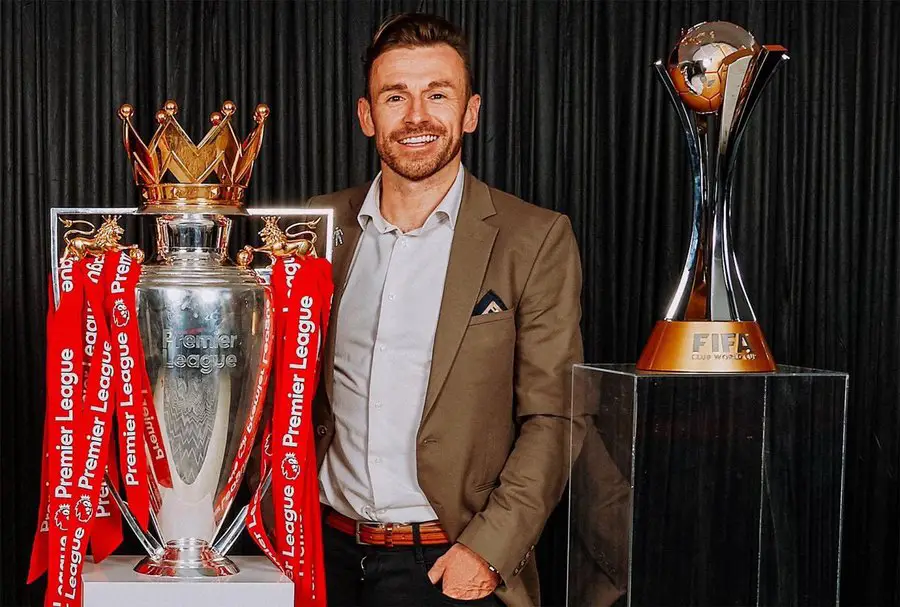Liverpool’s Strategic Shift: Unpacking FSG’s Reformed Hierarchy
Introduction: Embracing Change at Liverpool
In a bold move indicative of both ambition and necessity, Liverpool are undergoing a transformative phase under Fenway Sports Group (FSG). With sweeping changes from the top down, the club’s structure has been extensively reorganized, marking the commencement of a new epoch both on and off the field. Credit to James Pearce of The Athletic for shedding light on the nuances of these changes.
Strategic Restructuring: The Michael Edwards Influence
Michael Edwards, the returning chief executive of football for FSG, plays a pivotal role in this reshaped hierarchy. Having previously served as Liverpool’s sporting director, Edwards declined a return to his old post, opting instead for a broader, more influential role. His expertise and strategic vision are now directed towards overseeing all of FSG’s football operations, including scouting for a new club to join the FSG umbrella, thereby expanding their global footprint.

As Edwards articulated, “The aim is to replicate our success across multiple clubs and ensure sustainability at the heart of our operations.” This ambitious undertaking speaks volumes about the strategic depth FSG is aiming for under Edwards’ stewardship.
Evolving Roles: New Faces, New Opportunities
The reorganization sees new and returning faces in key positions. Richard Hughes steps in as the new sporting director, bringing his extensive experience from Bournemouth. His relationship with Edwards, spanning over two decades, is expected to be a cornerstone of Liverpool’s strategy in player negotiations and team development.
The promotion of Julian Ward to FSG’s technical director, a role he resumes after a brief hiatus, is another critical element of this strategy. Ward’s responsibilities are expansive, encompassing player development, managing the academy, and spearheading the newly established football innovation department.

Pedro Marques’ appointment as director of football development is designed to enrich the club’s youth system, drawing on his experience with Benfica and the City Football Group. His role emphasizes the club’s commitment to nurturing young talent, ensuring a steady stream of skilled players ready to step up.
Coach’s Corner: Arne Slot’s Tactical Realm
With the introduction of Arne Slot as head coach, Liverpool ushers in a tactical evolution. Slot, whose achievements with Feyenoord captured FSG’s attention, is tasked with a more focused role compared to his predecessors. This strategic delineation allows him to concentrate on coaching and player development without the managerial burdens often associated with Premier League clubs.

Slot commented, “It’s about optimizing our training and tactics to align with the club’s long-term vision.” His approach will be instrumental in steering Liverpool through this transitional period, ensuring the team remains competitive on all fronts.
Future Outlook: Sustainable Success and Innovation
The new structure at Liverpool is not merely about personnel changes but signifies a deeper, more systemic shift towards sustainability and innovation. As the club adapts to the evolving landscape of football management, the emphasis is on building a resilient and forward-thinking organization that can thrive in the competitive world of football.
Billy Hogan and his team’s roles have also been expanded, focusing on the broader business aspects of FSG’s operations. This holistic approach to club management ensures that all facets of the organization are moving in tandem towards a unified goal of sustained success and innovation.
Conclusion: A New Chapter Begins
As Liverpool and FSG navigate these substantial changes, the focus is firmly on the future. With a revamped executive structure and a clear strategic direction, the club is poised to not only adapt but excel in the modern football era. As we observe these developments unfold, the anticipation for what’s next in Liverpool’s storied legacy only grows stronger.
It’s clear from the restructuring that FSG is positioning Liverpool not just to compete but to set new standards in football management. The synergy between new roles and renewed responsibilities underlines a dynamic strategy set to reshape Liverpool’s future on and off the pitch.



